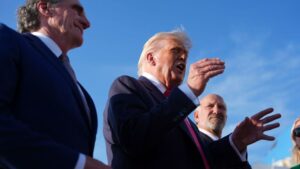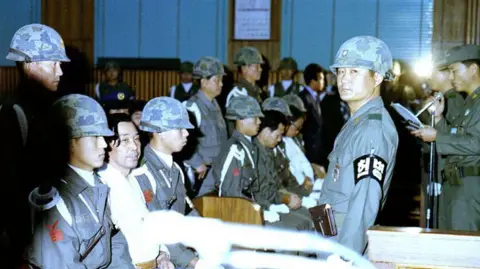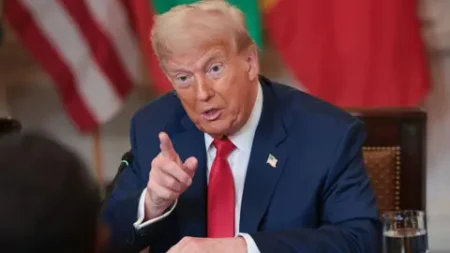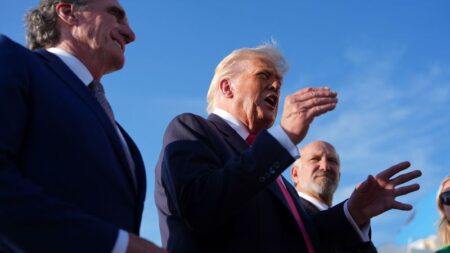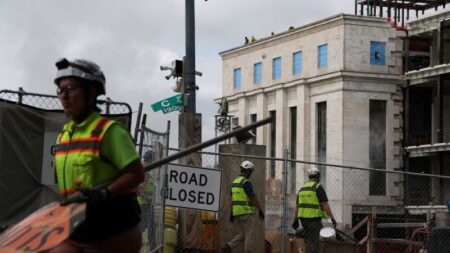The retrial of Kim Jae-gyu, the former head of South Korea’s Central Intelligence Agency (KCIA), has once again thrust the events of October 26, 1979, into the spotlight. On that fateful night, Kim shot and killed President Park Chung-hee during a tense dinner at a safe house, altering the course of South Korean history. The complex nature of Kim’s actions and motivations has prompted ongoing debates about betrayal versus patriotism, bringing forth memories of a turbulent era defined by authoritarianism and revolution.
Kim’s assassination of President Park has long been considered an act of treason, shadowed by the tumult of South Korea’s political landscape at the time. President Park, who had held power for 18 years, was seen by some as a tyrant responsible for both the economic rise of the nation and the authoritarian suppression of dissent. His rule was characterized by a strong grip on power, which included the abolishment of direct presidential elections and numerous human rights violations. Kim, who had been a close ally and confidant, suddenly turned against him, bringing questions of loyalty and moral justification to the forefront.
During the retrial, Kim’s family argued for a reevaluation of his legacy. Kim Jae-gyu’s sister, Kim Jung-sook, firmly maintains that her brother acted not out of personal ambition but with the intention of sparking a necessary change that could lead South Korea toward democracy. In the context of present-day South Korea, such discussions are increasingly relevant as the country grapples with its own political turmoil, especially with current events enveloping the trial of impeached president Yoon Suk Yeol, who faces similar accusations of authoritarianism during his brief period of martial law.
The night of the assassination was marked by chaos. Kim Jae-gyu entered a dinner setting where President Park was accompanied by trusted aides and entertainers. After an argument with Cha Ji-cheol, the head of security who clashed with Kim over handling political dissidents, Kim aimed at Park, proclaiming that a shift in leadership was necessary. The aftermath of this shocking event saw the immediate execution of Kim and other collaborators, and the country was plunged into decades of military governance as Kim’s actions became part of a broader narrative of political upheaval.
Now, 46 years later, Kim’s retrial aims to dissect whether his actions amounted to treason or were instead a desperate attempt to thwart impending violence and chaos in the country. Legal expert Lee Sang-hee has pointed out irregularities in the initial trial, including the thoroughness of evidence and the conditions under which Kim was interrogated, including alleged torture. Such revelations have pushed the judiciary to reconsider the verdict, including the moral dimensions of a violent act committed in the name of political salvation.
Public sentiment around this case remains deeply divided. While some view Kim as a hero who acted in the defense of his country, others see him as an opportunistic figure whose action reflected an impulsive reaction to dwindling influence. Discussions surrounding Kim’s motivations often draw parallels between the era of Park’s dictatorship and contemporary governance, sparking analyses of how history informs politics today.
Ultimately, the retrial of Kim Jae-gyu serves as more than just a reexamination of an individual’s actions; it holds a mirror to the ongoing struggles within South Korea’s democracy, as citizens and officials alike contemplate the complexities of leadership, loyalty, and the sacrifices made for societal change. As the court reconsiders the details of the assassination, it may provide an opportunity for the nation to reconcile its past, examine the true cost of political power, and understand the fine line between treason and patriotism.



